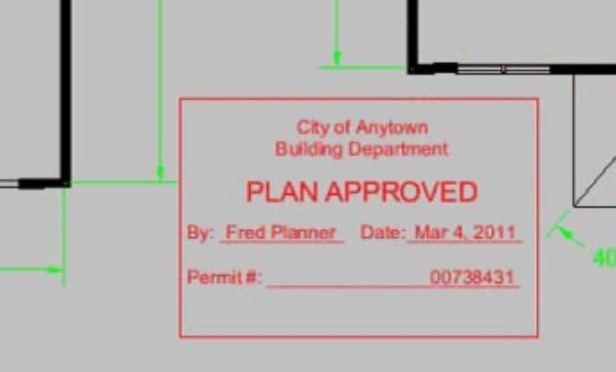 Most California cities are continuing to receive and process development applications (credit: Oracle).
Most California cities are continuing to receive and process development applications (credit: Oracle).
SACRAMENTO—Late last month, the League of California Cities filed a letter with Governor Gavin Newsom asking him to pause statutory timelines that apply to 12 parts of state law. For example, the League seeks to pause statutory timing requirements essential to resolving the housing crisis, notes Bryan Wenter, a land use shareholder at Miller Starr Regalia.
"As he considers the League's request, we hope the governor remembers the staunch opposition the association waged against numerous key housing production bills such as Senate Bills 827, 50 and 330," says Wenter. "Moreover, the governor ought to be skeptical of this request and the stated basis for it. While working remotely in compliance with shelter-in-place orders, many California cities, if not most, are continuing to receive and process development applications during this trying time. Now is not the time to exacerbate the housing crisis by hitting pause on development applications."
Seeking to piggyback on the state of emergency Newsom declared on March 4, 2020 as part of the state's response to address the global COVID-19 pandemic, the six-page letter explains that "city resources and personnel are stretched thin as they navigate the response necessary to contain the COVID-19 outbreak while complying with the requirements for social distancing and self-quarantining. Many city employees who would normally assist in ensuring that cities comply with certain statutory requirements have been pulled from their regular assignments to work on emergency response efforts."
The League thus requests "immediate action to pause certain statutory requirements by 120 days from when the deadline would otherwise expire if the deadline would have otherwise expired during the state of emergency". These requirements include but are not limited to:
- Permit Streamlining Act (Gov. Code § 65920 et seq.)
- Housing Accountability Act (Gov. Code § 65589.5)
- Subdivision Map Act (Gov. Code § 66410 et seq.)
- Accessory Dwelling Units (Gov. Code § 65852.2)
- California Environmental Quality Act (Pub. Res. Code § 21000 et seq.)
- CEQA Guidelines (14. Cal. Code Regs. § 15000 et seq.)
Furthermore, the League requests the governor to state that the phrase "unusual circumstances" found in Government Code section 6253(c) includes the state of emergency and to suspend the provision in that section of the Public Records Act. This would put a "14-day limit on cities' obligation to respond to public records requests unless the request seeks records created during and relating to the state of emergency".
The League's request follows numerous executive orders including N-25-20, N-29-20 and N-35-20. Acting under the authority of the California Emergency Services Act (Gov. Code § 8550 et seq.), the governor has already waived laws and regulations through those executive orders in a broad range of subjects including meetings of local legislative bodies under the requirements of the Ralph M Brown Act (Gov. Code § 54950 et seq.), Wenter says.
This begs the question: if cities don't receive fees associated with these services, doesn't this further exacerbate many issues such as operating funds in addition to the housing shortage? Wenter explains that it would indeed have far-reaching effects.
"If the governor were to extend myriad statutory deadlines for approving new development, that would contribute to the negative feedback loop that has already been unleashed with stringent shelter-in-place orders that narrowly define 'essential workers and 'essential activities' exempted from the orders," Wenter tells GlobeSt.com. "Doing so would add additional cost and risk to every project, and some would simply vanish for those reasons. Some would muddle along, but all momentum would be lost and the housing crisis that has persisted for decades would only grow deeper. Local agencies would lose key revenue streams needed to balance budgets. In the short run, property taxes could decrease, and in the long run when the economy recovers, rents and home prices would likely rise again with too few housing units in the pipeline or on the horizon."
For now, there is no response from the governor to the League's letter, GlobeSt.com learns.
"The League's request has had a low profile thus far, which is perhaps by design," says Wenter. "We note that the League issued a short press release on February 19, 2020, the date Governor Newsom provided his annual state of the state address in which the governor acknowledged the need to 'eliminate roadblocks to housing and shelter' and that '(w)e need more housing, not more delays'."
© 2025 ALM Global, LLC, All Rights Reserved. Request academic re-use from www.copyright.com. All other uses, submit a request to [email protected]. For more information visit Asset & Logo Licensing.








